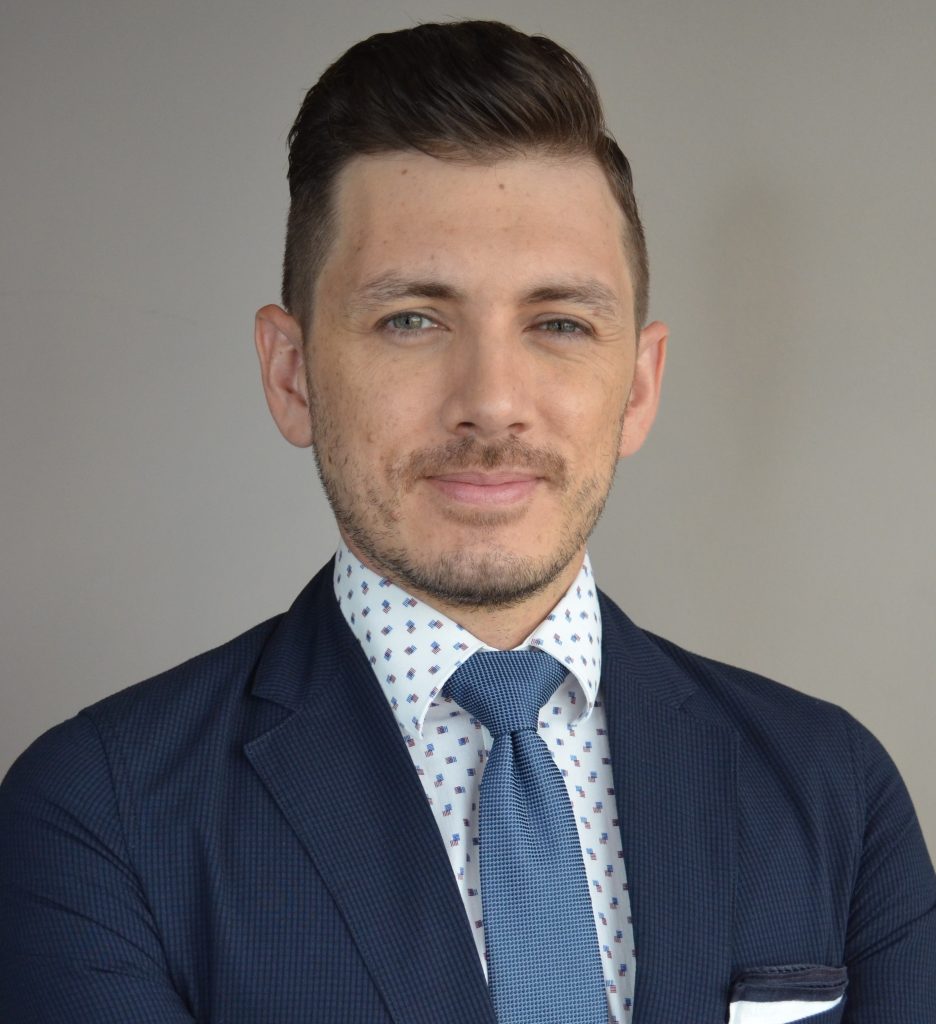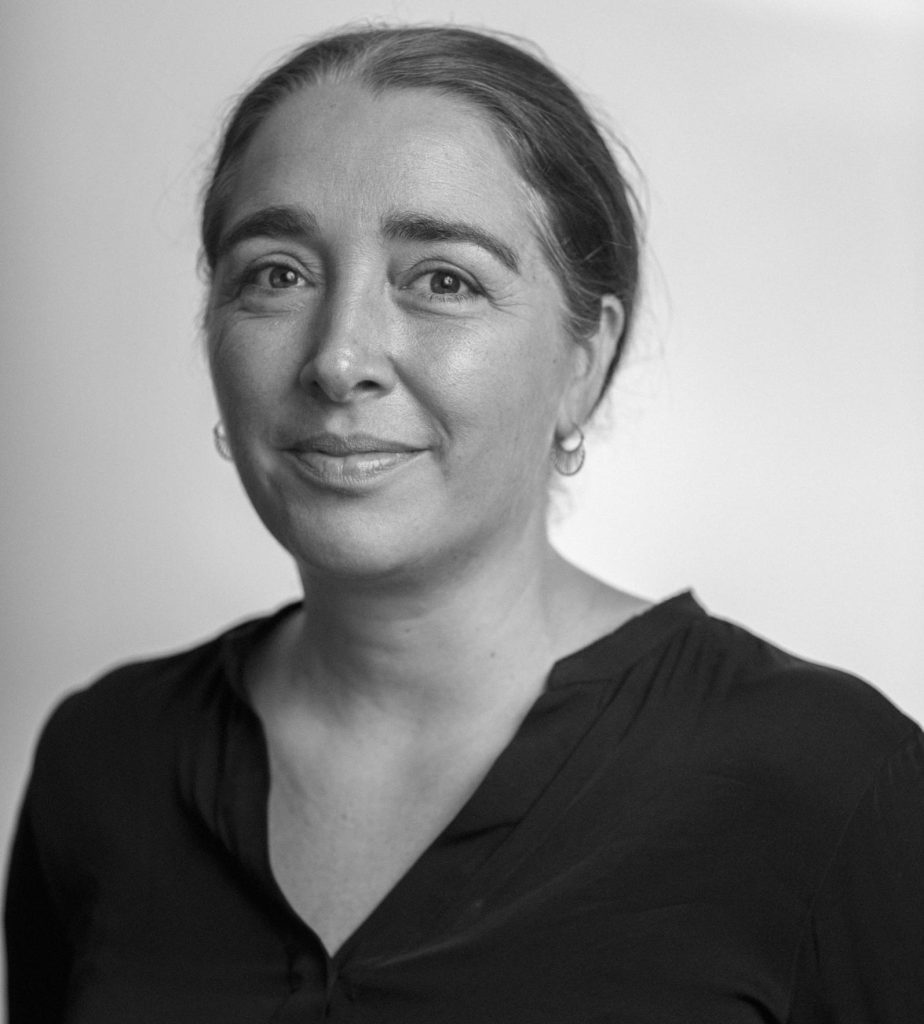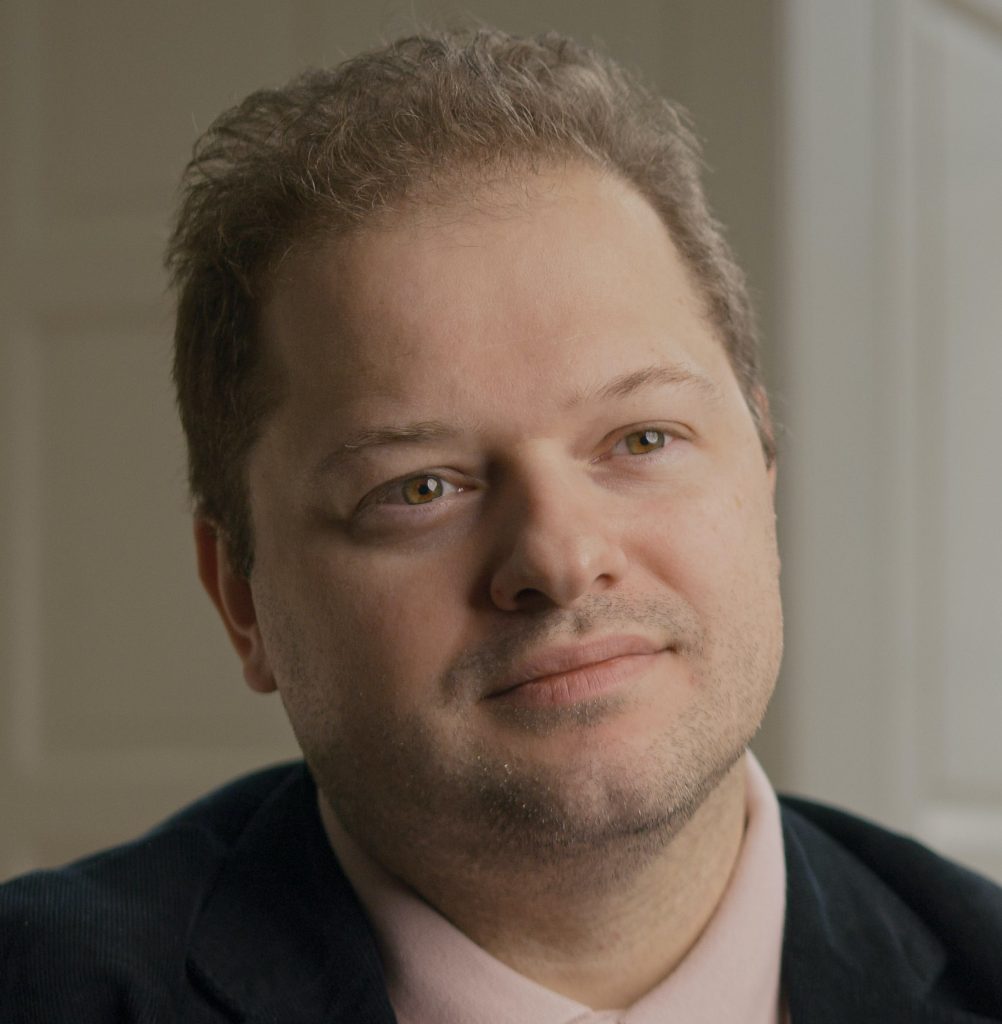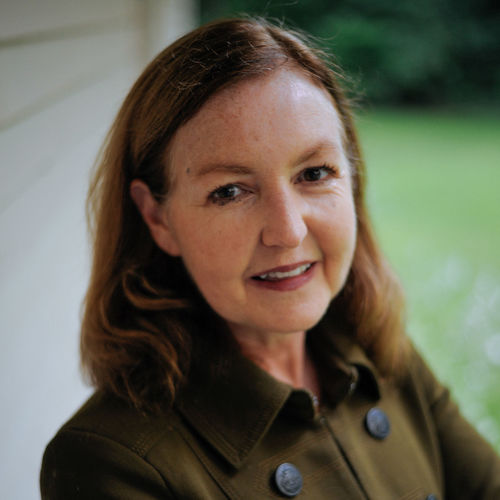Freedom of Religion or Belief and the Rights of LGBT+ Persons in Accordance with the Gospel of the UN Independent Expert on SOGI Rights

Thiago Alves Pinto is Director of Studies in Theology and Religion and a department lecturer in Legal Studies in the Department for Continuing Studies, University of Oxford.
On 7 June 2023, the Independent Expert on protection against violence and discrimination based on sexual orientation and gender identity (hereinafter Independent Expert) published his highly anticipated/feared report on freedom of religion or belief, and freedom from violence and discrimination based on sexual orientation and gender identity. It is safe to say that, given the subject, the report will not please everyone, but like most international decisions on the topic (including Eweida and Others v. The United Kingdom, Bayev and Other v. Russia, and Pavez Pavez v. Chile), the report is legally sound and in line with international human rights law standards. Unfortunately, the topic itself is considered by many as inherently “controversial,” an attitude that naturally impoverishes rational discussion on the subject. Still, while the legal arguments presented by the Independent Expert are not controversial, entrenched ideologies try to keep this debate at a stalemate.



